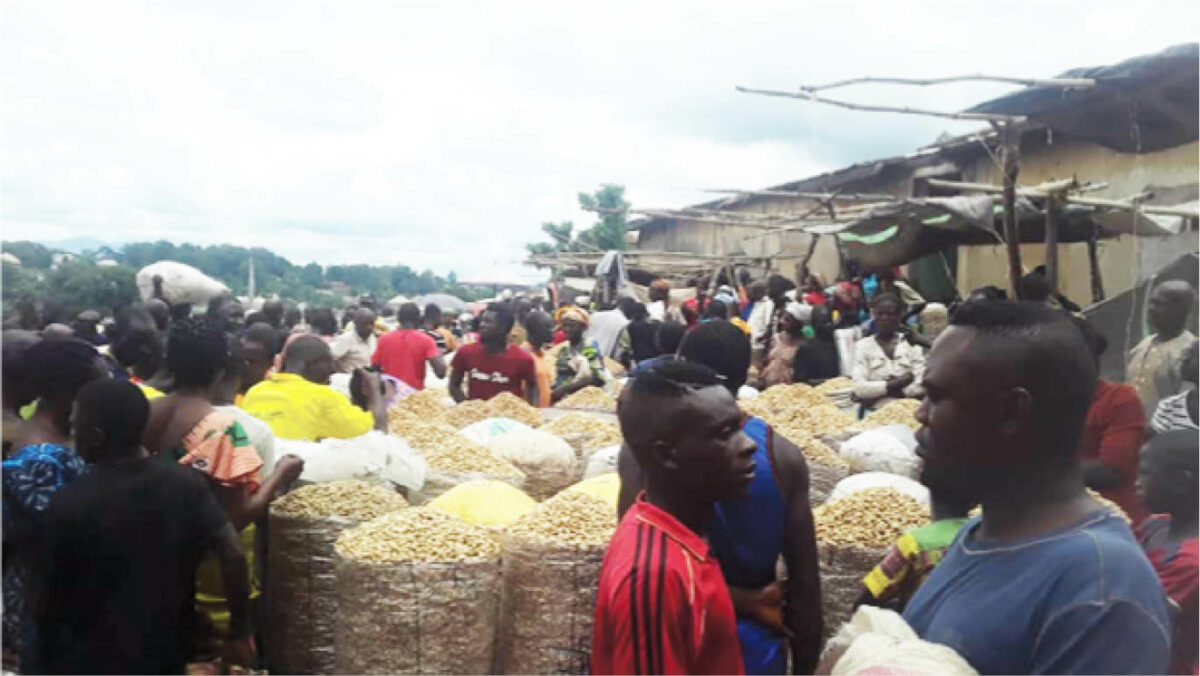As Nigerian businesses battle tough economic conditions, brought about by the COVID-19 pandemic lockdown, inflation, Naira devaluation, VAT increase, government policy and a host of other factors, consumers are beginning to feel the pain of paying significantly more for essential commodities and luxury goods and services.
MultiChoice Nigeria, the country’s leading Pay TV operator recently notified customers of a slight adjustment in the subscription price of some of its DStv and GOtv packages which becomes effective from September 1, 2020.
‘CBN economic stimulus yields result in second half of 2020’
Amidst dwindling revenue, weak naira: FG says economy faces fresh hurdles
Multiple taxes stifle economy, constrain MSMEs – PwC
The adjustments, according to the company, will only affect the packages in the upper tiered Premium, Compact Plus and Compact packages with about 13% change, while the prices of other packages Confam, Yanga and Padi in the lower cadre remain unchanged.
According to Multichoice, the high cost of operating its business in Nigeria has increased significantly in recent times due to several unfavourable economic factors which include: naira devaluation, the effects of COVID-19, inflation at 12.82%, and increase in VAT to 7.5%
“We periodically review our pricing, taking into consideration factors such as inflation and operational costs.
“We acknowledge that the people of Nigeria are living under increased economic pressure and we have made efforts to freeze the subscription prices in the last year, barring any extreme factors such as devaluation of currency and changes to VAT mandated by the government,” the company said in a message to customers.
Startimes, the nation’s second biggest Pay TV operator, also raised prices of its subscription plans by an average of 22% effective August 1, 2020.
In explaining the price increase, Startime’s Brand and Marketing Manager, Viki Liu, said it was due to increased value-added tax (VAT) from 5% to 7.5%, as well as the foreign exchange rate which has impacted its cost of operation.
“Our business is not exempted from the effect of the naira depreciation affecting all businesses in the country.
“All of our foreign content is bought in dollars and to continually serve our subscribers the best content, the subscription price has to be reviewed upwards,” Liu added.
Factors such as inflation, devaluation and slowed economic growth in 2020 have been threatening the survival of businesses in Nigeria, and forcing organisations to either take the hard decision of reviewing their prices to maintain a balance amid the turbulence, or lay off hundreds of workers to trim down their wage bill as running costs take the larger chunk of revenue.
Between April and July 2020, some media organisations like Television Continental, Punch Newspaper and Nigerian Info FM are reported to have laid off several employees to sustain their businesses.
According to the 2020 Half-year Business Insights report by Naspire, a Lagos based research company, this is largely due to the pandemic and the reduction in major sources of revenue for traditional media (advertising, events set-ups and circulations) which have led to significant drop in media cash flows.
Access Bank, Arik Airline and Air Peace, among others have also laid off hundreds of workers or implemented pay cuts in a move to trim down wage bill and keep their businesses running.
In July, Lagos Bus Services Limited (LBSL), announced a 46% fare increase.
According to Chief Executive Officer of Lagos Bus Services Limited (LBSL), Mr Idowu Oguntona, “The increase in the number of passengers and fare become necessary in order to enable the company sustain its operations following the negative impacts of the COVID-19 pandemic on public bus transportation.”
The Naspire report also says capital flow reversal, caused by the fall in global oil price, might set in as foreign investors sell-off their assets and repatriate to less challenging countries.
About two weeks ago, Nigeria’s biggest retail supermarket – Shoprite also made a shocking announcement revealing its plan to divest from its Nigerian operations after 15 years, because it is also running at huge loss.
According to Tunji Adegbite, a business analyst and Founder, Naspire, “I am genuinely unhappy at the ‘exit’ because it sends a negative signal to foreign investors, whom Nigeria is in dire need of.
“Woolworths, Mr Price, and some other foreign businesses have left while rumours are flying that Multichoice (DSTv) is also thinking of pulling out of bidding for the EPL Rights for Nigeria.
“Truthfully, Nigeria is a problematic place to do business.
“The opportunities may be huge but no investor wants to deal with potential anymore.
“It is about the reality on the ground.
“Investment decisions are no longer about ‘how sweet the pot is but also about how easy it is to get meat from the sweet spot’.”
The COVID-19 pandemic, which turned the global economy upside down in March, worsened business operations for public and private sector organisations.
The World Bank forecasts that the global economy will shrink by 5.2% this year which would represent the deepest recession since the Second World War.
In June, The International Monetary Fund (IMF), in its World Economic Outlook, announced that the Nigerian economy would witness a deeper contraction of 5.4% and not the 3.4% it projected in April 2020.
Gita Gopinath, IMF Chief Economist, said: “Our projection for Sub-Saharan Africa overall is a negative 3.2% in 2020 with a recovery in 2021 of 3.4%.”
Without the needed government intervention, many local and foreign investors may be exiting the Nigerian market as the unfavourable economy continues to threaten their survival.
“The unprecedented crisis requires an equally unprecedented policy response from the entire Nigerian public sector, in collaboration with the private sector, to save lives, protect livelihoods, and lay the foundations for a strong economic recovery,” said Marco Hernandez, World Bank Lead Economist for Nigeria.

 Join Daily Trust WhatsApp Community For Quick Access To News and Happenings Around You.
Join Daily Trust WhatsApp Community For Quick Access To News and Happenings Around You.


